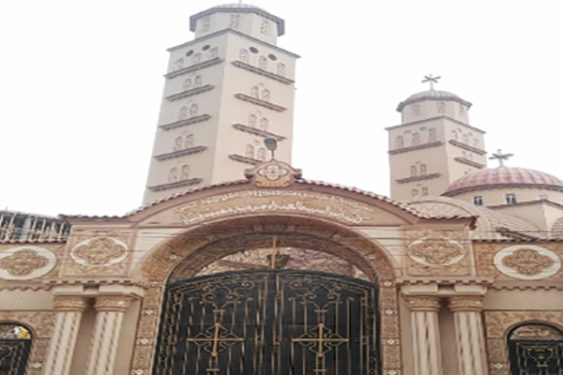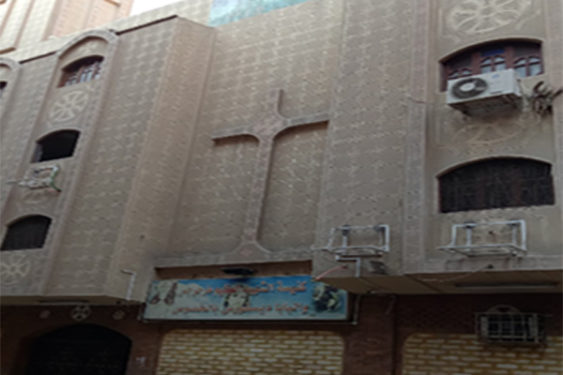
By Shady Negm
CAIRO — More than 1,100 Christian churches in Egypt that had been built without approval before have been made legal during the past three years, but at least 22 churches have been shut down because of security reasons.
For decades, Christians faced restrictions on building or restoring churches. Such work needed presidential approval and had to overcome the objections of Muslim extremists. But in 2016, Egypt updated its constitution to allow construction of churches.
The law created a committee to review applications for churches that were previously built without permission. So far, 1,109 out of an original 3,730 churches and affiliated buildings have been legalized.
At the same time that churches are being legalized, some churches are being shut down for “security reasons” on the basis of objections of extremists. In July, a priest from a church in Minya had to hold the funeral of a parishioner on a street, because police had closed the church.
The new law empowered provincial governors to approve church building and renovation permits, something that was previously the domain of security services.
The law, however, also granted governors the right to deny a building or renovation permit on security and public safety grounds. That allows mob violence to dictate the matter. Mob attacks often serve as a pretext for closing a church, especially in upper Egypt where perpetrators act with impunity.
The Egyptian Initiative for Personal Rights has documented 32 instances of sectarian violence against Christian religious rites. The violence has resulted in the closure of 22 existing churches and a halt on construction of two new churches since the church construction law was enacted.
That violates the construction law, which states that once a church has applied for a license, it can operate freely until it becomes officially legal.

“President Abdel Fattah el-Sisi is seeking to instill the notion of equal citizenship; he is taking steps no Egyptian president has taken before,” said Emad Gad, a member of the Egyptian House of Representatives and a professor of political science at Cairo University.
“However, his efforts are colliding with reactionary forces and parts of the state apparatus which operate in the old way,” Gad added. “This includes the security apparatus, which deals with violence against Copts [Coptic Christians] by way of customary reconciliation sessions, and that results in impunity for perpetrators.”
Also, the rate of legalizing the churches built before the law is slow. It will take the committee five years to complete its work.
“The law does not set a deadline for when this process must be complete,” according to the Tahrir Institute of Middle East Policy.
